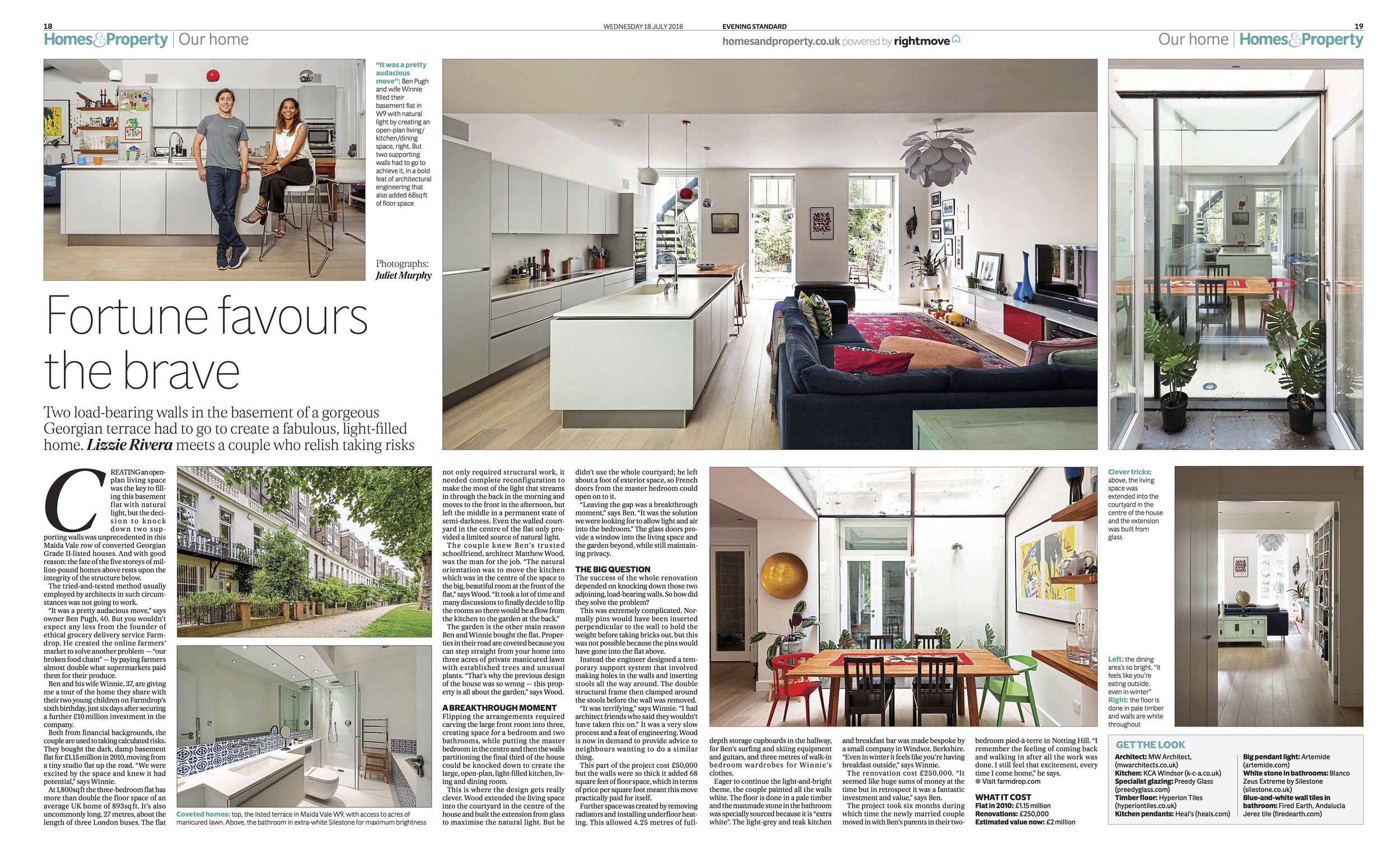Recently our Luxury Master Suite (see: https://www.mwarchitects.co.uk/blog/2018/7/9/master-suite) won the Ultimate Luxury Bathroom Design of the Year category at the Designer Kitchen & Bathroom Awards 2018.
We were delighted that the judges recognised the careful process of keeping the spatial design fairly simple to allow the natural quality of the materials and the skilful craft of their assembly to be the main event.
Here is what the judges had to say about the design:
The Luxury Bathroom category is always a great pleasure for the judges because for the designers it’s a test - having a huge budget doesn’t necessarily mean great design. What we saw this year is what I would describe as restraint. It is hard if you have a huge budget to exercise restraint…the projects we enjoyed and got through the shortlist were the ones where the money had been spent on the materials and then the materials were left to speak for themselves.
The winner of the Luxury Bathroom category actually stood out to us as being a superb use and control of light and space and materials. The materials were so beautifully selected and so fabulously executed that they also enhance the use of the space, they create an ambience in the space that is warm but I would say it is contemporary. So the bathroom really is exuberant, and it is luxurious.





